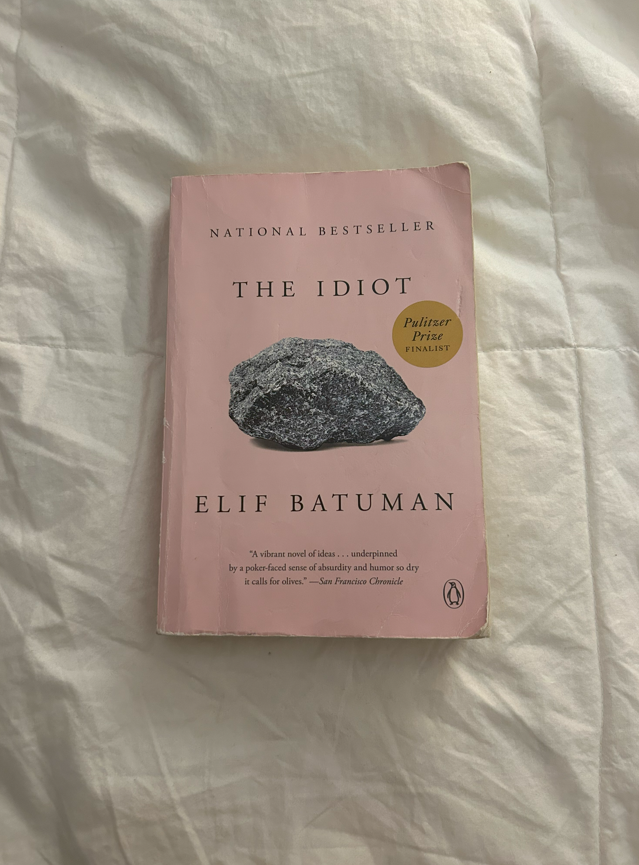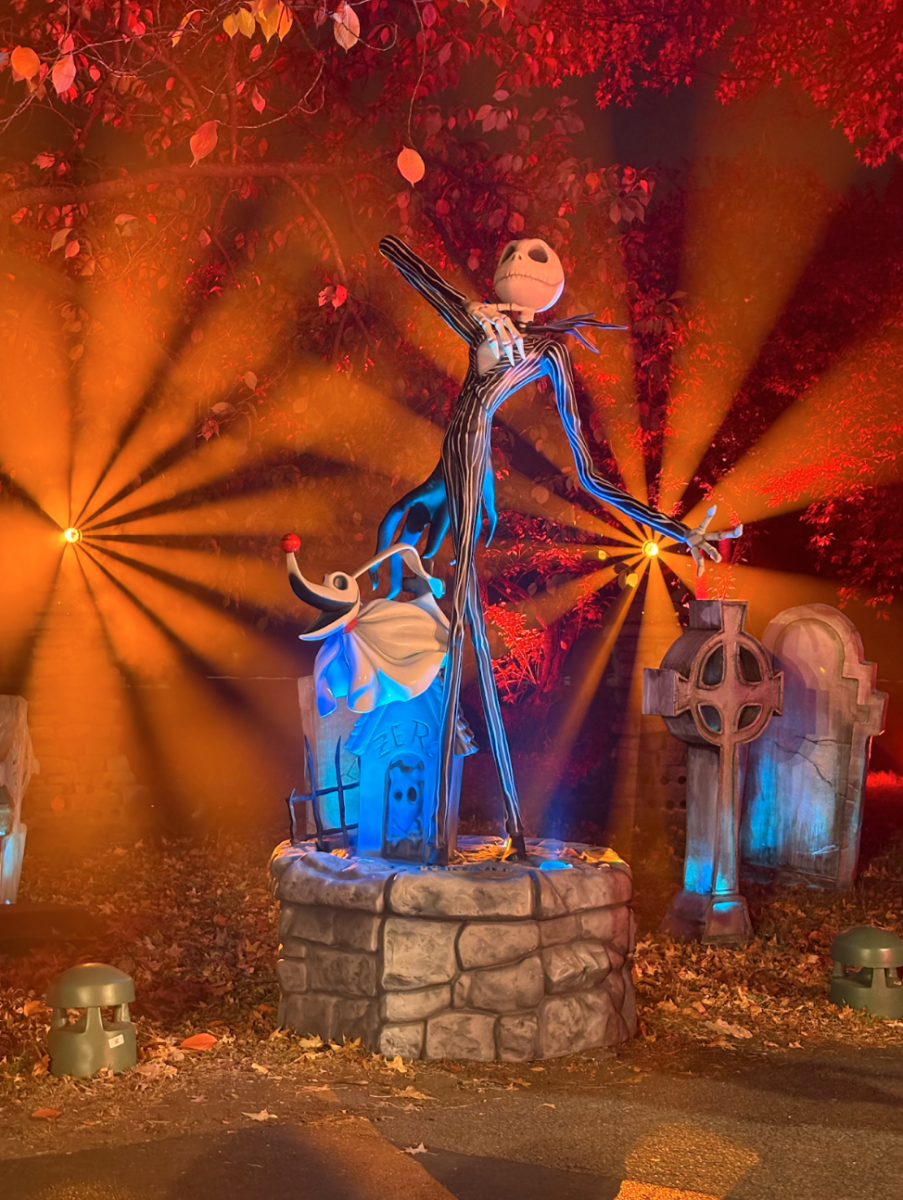The green journal my aunt gave me for my 18th birthday will be the third journal I finish in my life. Although this is not impressive for many young journalists who may fill their pages with archival details in order to remember their days, I move slowly by attempting to challenge each page to be filled with some sort of fiction. I was never sure what my writing style classified as, but I knew I loved to write about my experiences without my character: a less orderly storytelling and a sort of navel-gazing, bordering on fiction and non-fiction. Obviously I am just an amateur journalist (in the sense that I only write in my journal), but I still enjoy writing in a way where if I read back on it, it’s like reading a story and not minutes from a meeting.
This realization was not one I recognized until I read “The Idiot” by Elif Batuman. Named brightly after Fyodor Dostoevsky’s own “The Idiot,” Batuman explores the self-effacing life of Selin Karadağ, the daughter of Turkish immigrants, as she begins college as a linguistics student at Harvard University in the 1990s. My friend told me to listen to an episode of NPR’s Longform Podcast where Batuman expands on her writing in The New Yorker, and how she struggles finding the balance between fiction and non-fiction. She addresses how some authors say their characters surprise them, but Batuman reveals a new form of fiction, in which she can imagine herself participating, and maybe even expecting the characters actions in relation to herself. This commentary was eye-opening to me, and made me think of fiction, and the way I write unintentionally, in a new light. As soon as I finished the podcast, I ordered “The Idiot.”
Like I said, the book follows Selin as she attends university in the ’90s, alongside the rise of the email. The novel explores the relationship between Selin and her roommates, her mother and her classmates. She enrolls in a Russian course, where she begins to deeply study its language and literature. In this course, she meets uniquely Ivy-League characters, such as Svetlana, a wealthy Serbian exchange student who becomes her best friend, and of course Ivan, the Hungarian math student whose relationship with Selin is extremely complicated and impossible to summarize. Selin is especially interested in what Ivan is interested in, and, like most girls with a crush, struggles to separate her own identity and interests from his. Their relationship begins with an email, messages about literature and philosophy and sometimes sexual innuendos, all compiling with a confusing definition of what is left. Eventually they meet and spend long nights together, doing nothing but talking, sometimes in his room, and once above a highway. Ivan tells Selin she must go to Hungary for the summer, and work teaching English to a village outside Budapest. Selin applies on her own, gets in and finds out that Ivan has had a girlfriend the whole time. Despite the pain and confusion, Selin continues to go to Hungary. Once, she even meets with Ivan, spends over 24 hours with him, sleeps in his childhood home and leaves him at a neighboring village. The painful tension between the pair is intoxicating. All I want is for Ivan to see what Selin thinks, but her feelings are left unsaid.
When summarized in this way, “The Idiot” may sound like a complicated love story, this book is so much more dynamic than just that. First, the fact that Batuman herself is Turkish, attended Harvard in the ’90s and is a fan of Russian literature reveals the complicated nature of the novel’s genre. Many times I found myself reading deep observatory monologues, of which were completely irrelevant to any sense of the plot. Because of this, the novel has had some backlash. Some people don’t enjoy learning what naval-gazing is, or care about reading Selin’s comprehensive realizations about the nature of an aesthetic vs. ethical life. I even made the mistake of forcing my dad to try to read “The Idiot.” Although he was supportive of my obsession with it this summer, he couldn’t relate to the problems that come with a new recognition of the world when you’re a college student.
But for me, the occasional lack of plot throughout this novel is what made it so amazing. I think being young and in college calls for sometimes overwhelming and depressing realizations of life. “The Idiot” is a novel that is focused solely on the problems of a young girl. The world around Selin is barely discussed, and although there is a lack of political conversation, sometimes this is just the way young people exist. Like Dostoevsky’s “The Idiot,” there are times when Selin is also clumsily navigating through love and learning. She, like so many of us when it comes to feelings, can be an idiot. Maybe Batuman was referencing herself through the title, or maybe she was just relating it all back to Russian literature. Either way, this book influenced me to be an idiot as well, because of Selin, I am enrolled in a linguistics class, which is much less romantic than Batuman made it out to be in my favorite book of all time, “The Idiot.”







































































































































































































